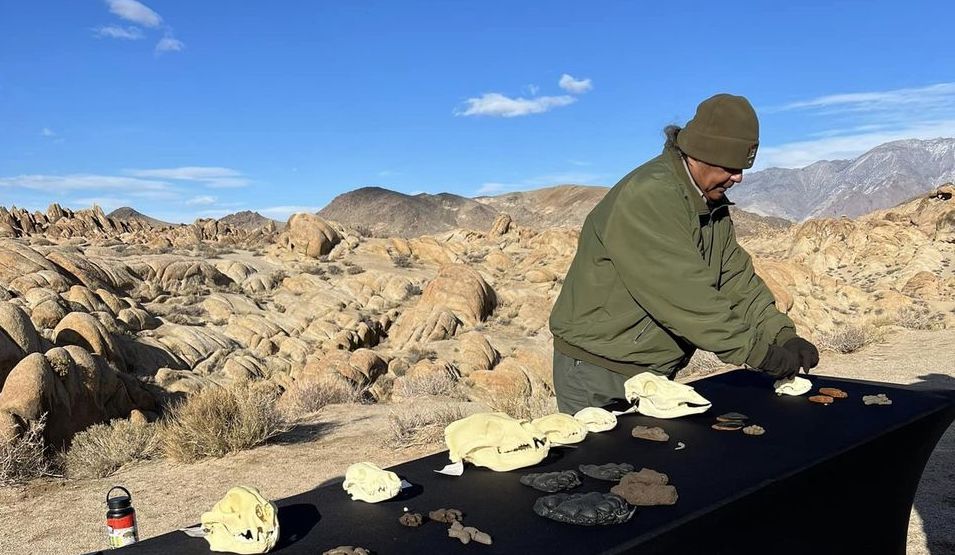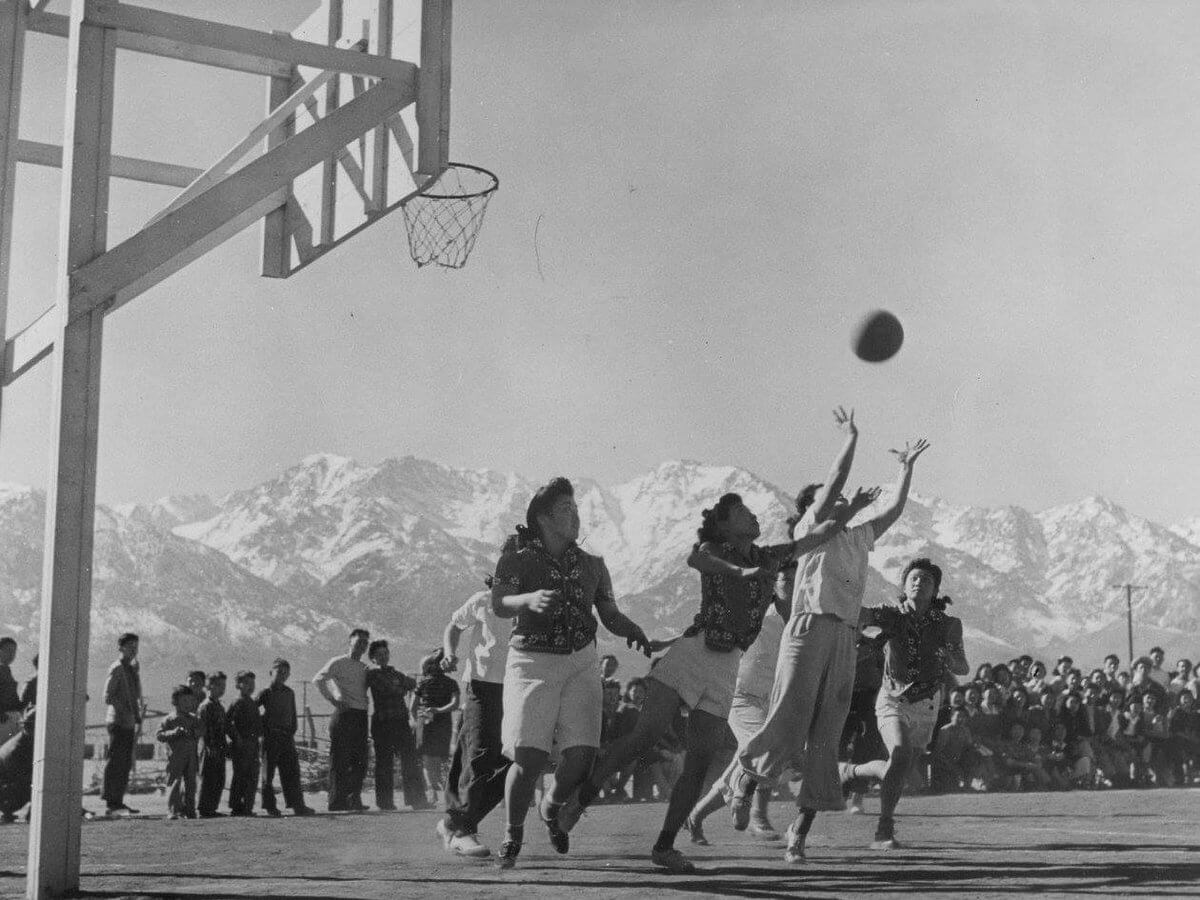Eastern Sierra Interpretive Association
Educating and inspiring people about Sierra Nevada and Great Basin public lands through interpretive products, exhibits, and programs.
Join the ESIA Team
Sign-up for our Newsletter
Become a Member
What We Do
ESIA, founded in 1970, is a 501(c)3 non-profit that partners with local, tribal, and federal governments and fellow nonprofits to provide interpretive education about the Sierra Nevada and Great Basin landscapes. We hope to translate the beauty and uniqueness of public lands for people to develop a deeper appreciation of these places, and in turn, become better stewards.
ESIA operates bookstores in visitor centers in collaboration with agency partners. Our partnerships include the Inyo National Forest, Humboldt-Toiyabe National Forest, Tahoe National Forest, Death Valley National Park, Devils Postpile National Monument, Manzanar National Historic Site, and the Bureau of Land Management-Bishop Field Office.
Land Acknowledgement
Public lands in the United States hold the creation stories, burial grounds, and ceremonies of Indigenous people who were killed or forcibly removed from their ancestral homes during territorial acquisition.
Many tribes, comprised of different bands, live in the Eastern Sierra region, caring for their native lands as they coexist with the ongoing impacts of colonization. Past or present tribes and bands associated with the region that this effort is aware of include, but are not limited to, the Miwok, Mono Lake Kutzadika’a, Mono/Monache, Nüümü (Paiute), Newe (Shoshone), Timbi-Sha, Utu Utu Gwaitu Paiute, and Washoe.
Two Nüümü terms describe the region and provide important context. The first is Pamidu Toiyabe (Western Mountains), and the other, more widely known, place name is Payahuunadü (The Place Where Water Flows). This acknowledgement is an invitation to all organizations, residents, and visitors to recognize the way this history has shaped the present as all parties work together in anticipation of a better future.
Follow us along your journey!
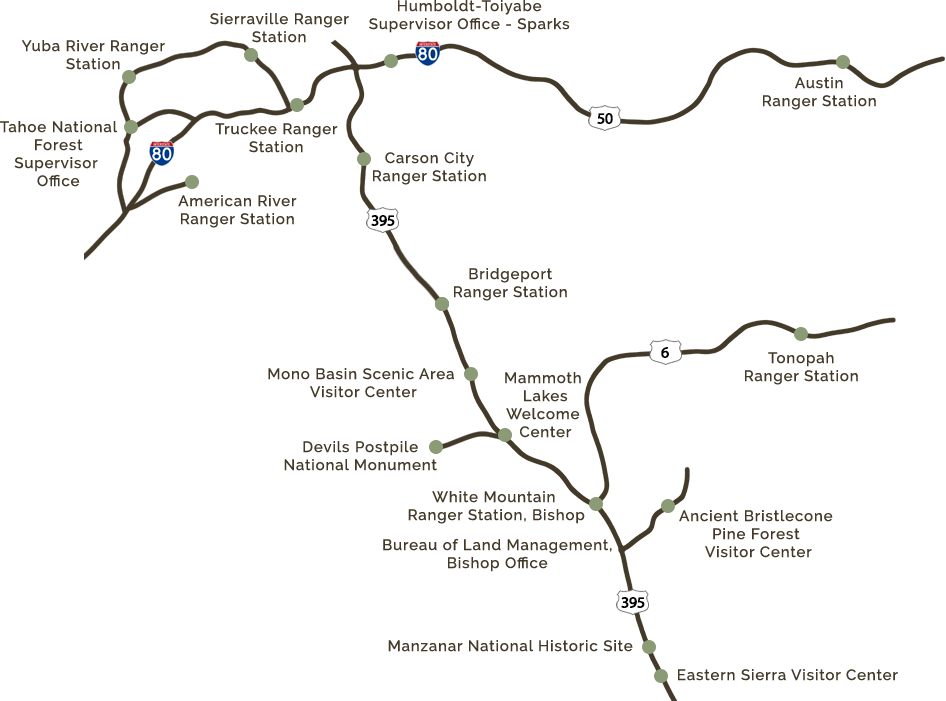
Our Values
Support and work closely with our public agency partners
Collaborate with our non-profit to achieve better outcomes.
Provide outstanding customer service
Encourage diversity in our program planning and implementation
Provide leadership in demonstrating professional interpretation in the Eastern Sierra
Act with integrity and fairness in all we do
Communicate openly and frequently both inside and outside our organization
Ensure financial responsibility and accountability
Show respect for everyone we encounter
Build and maintain a satisfying and fun work environment

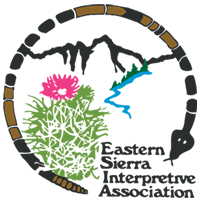
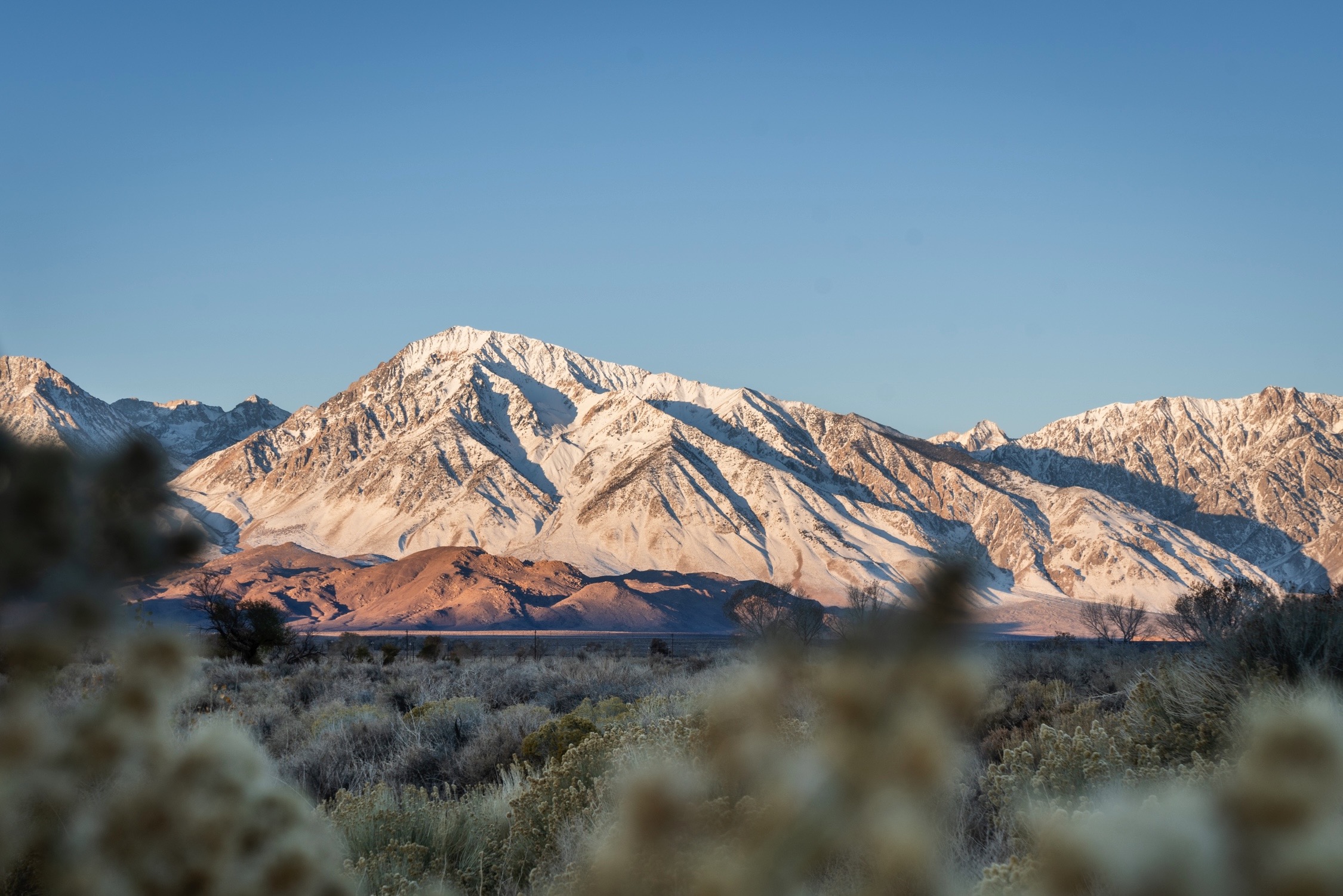
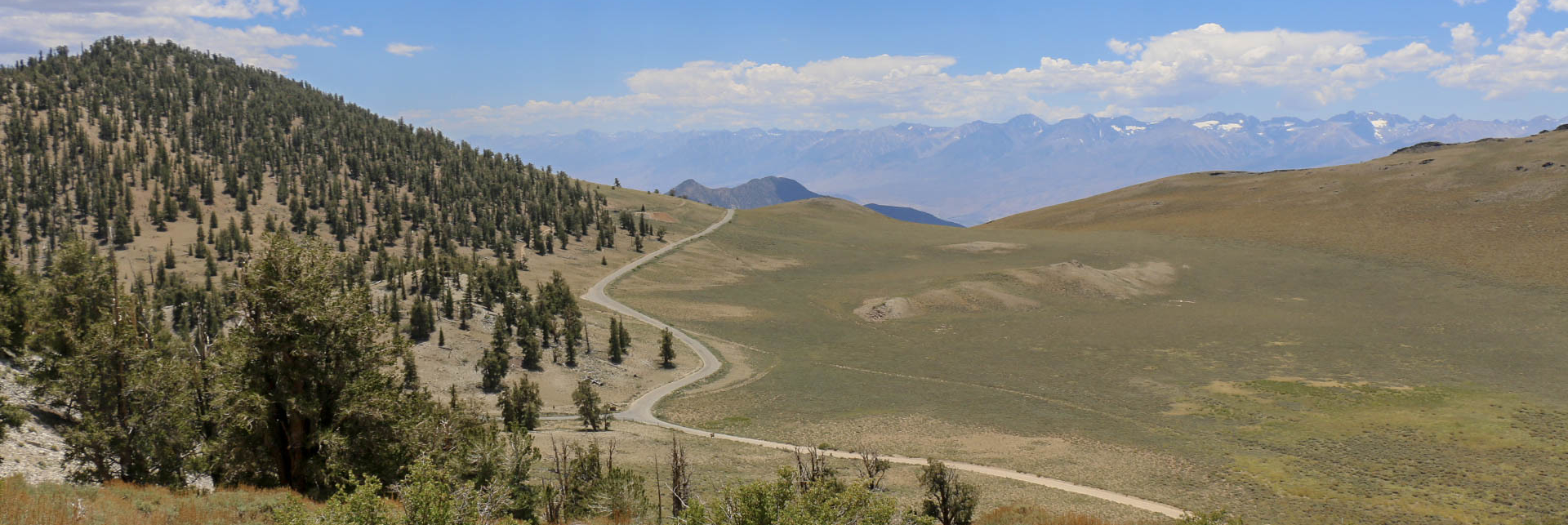

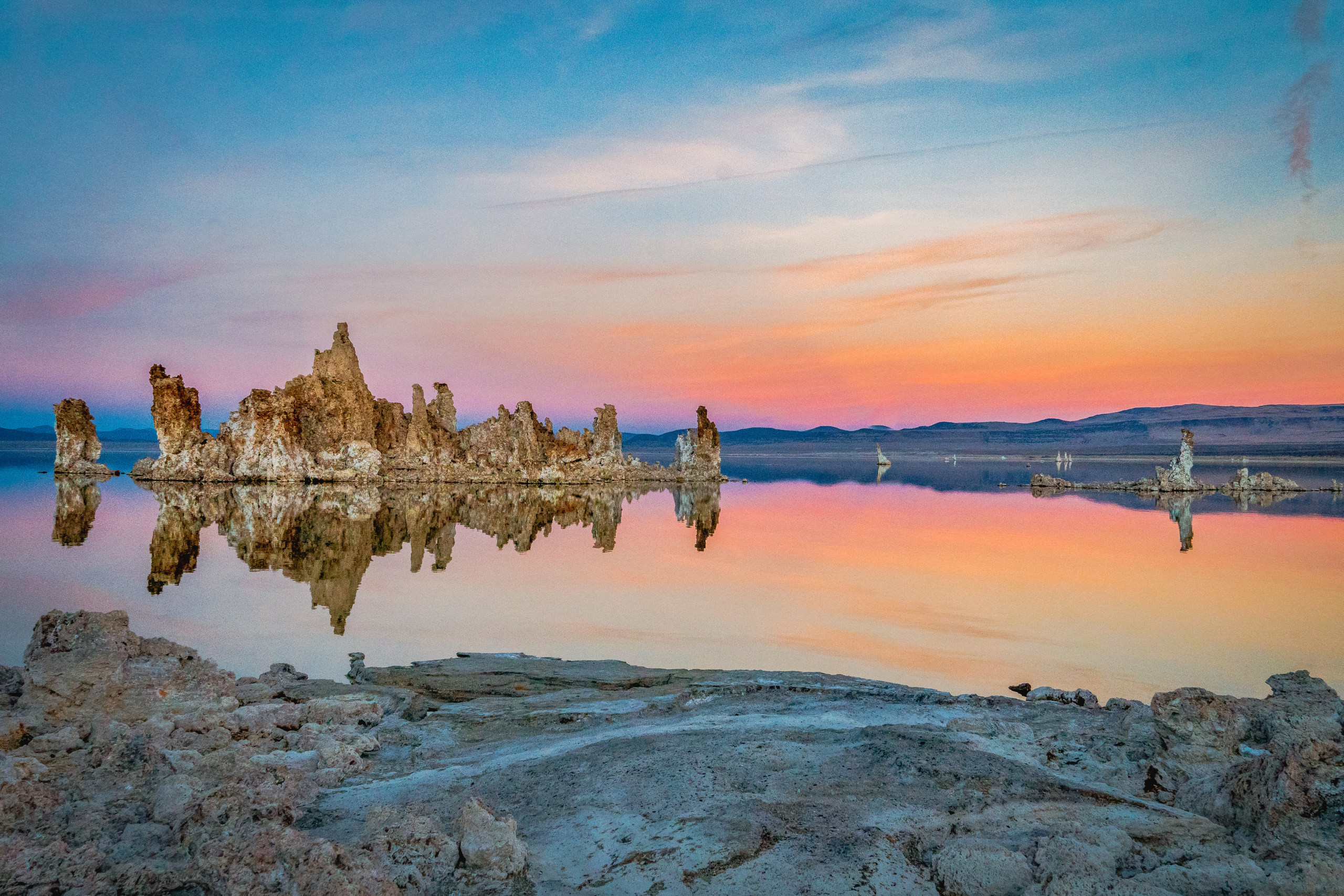

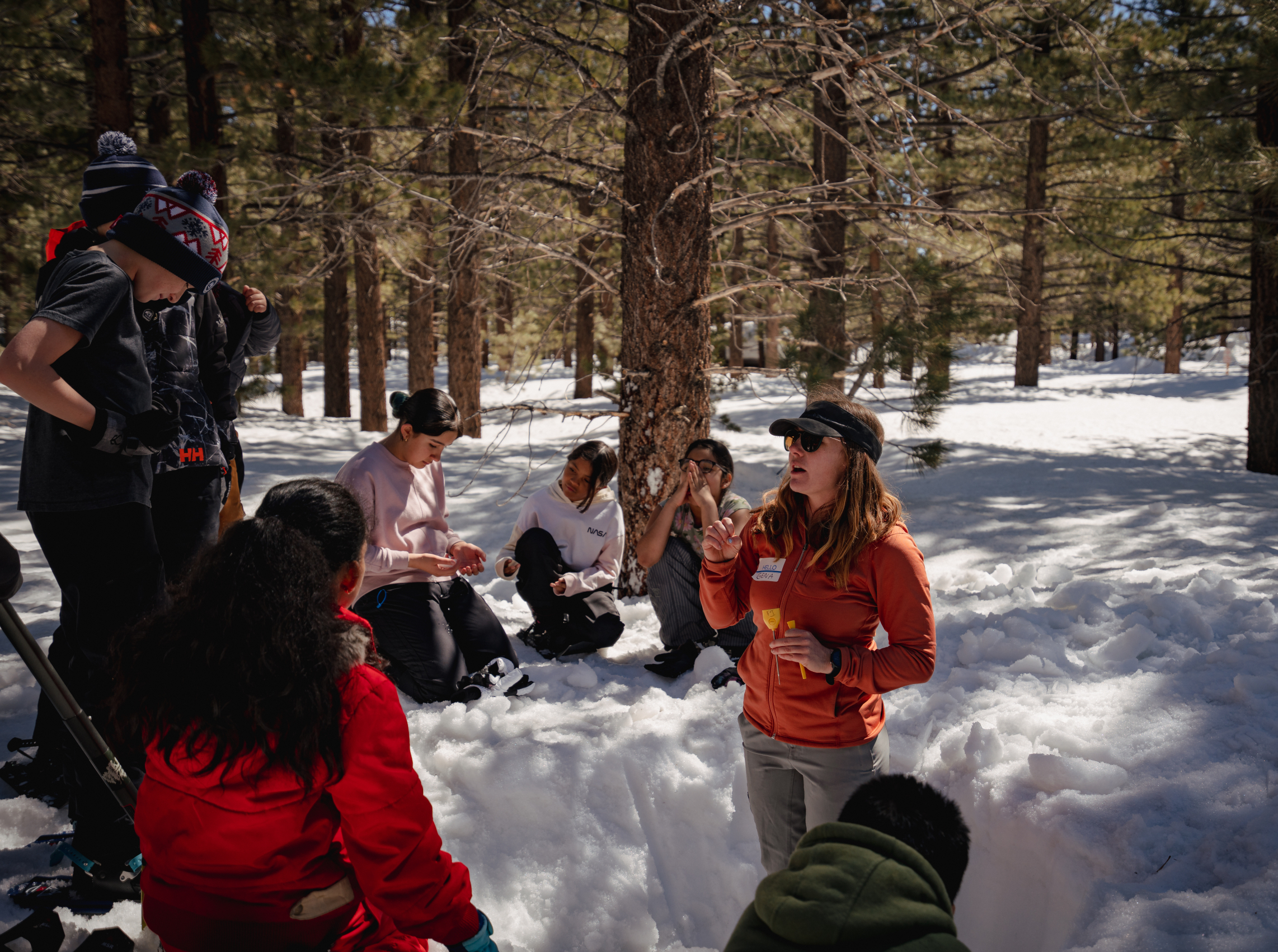


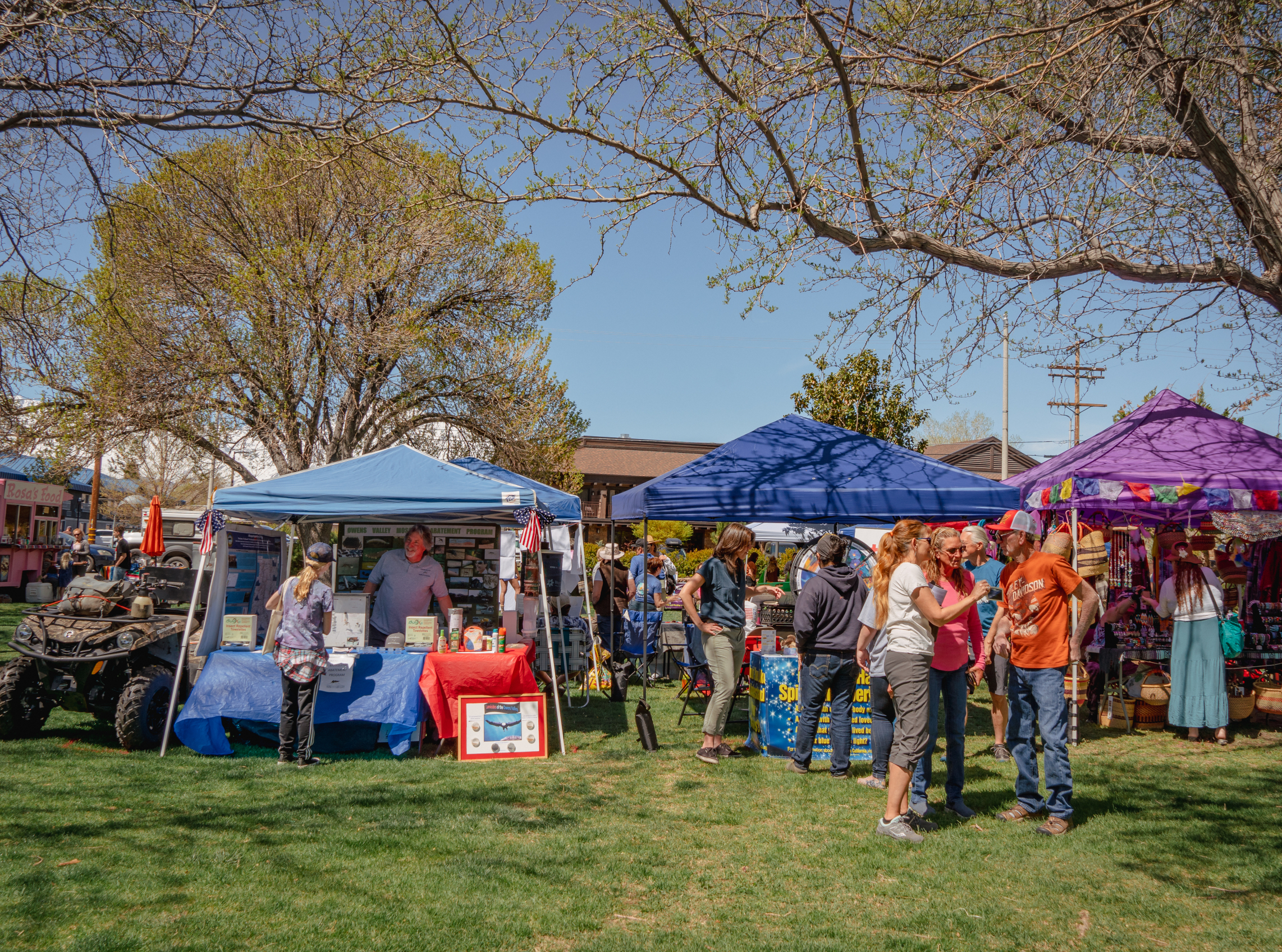
 UPCOMING EVENTS
UPCOMING EVENTS 